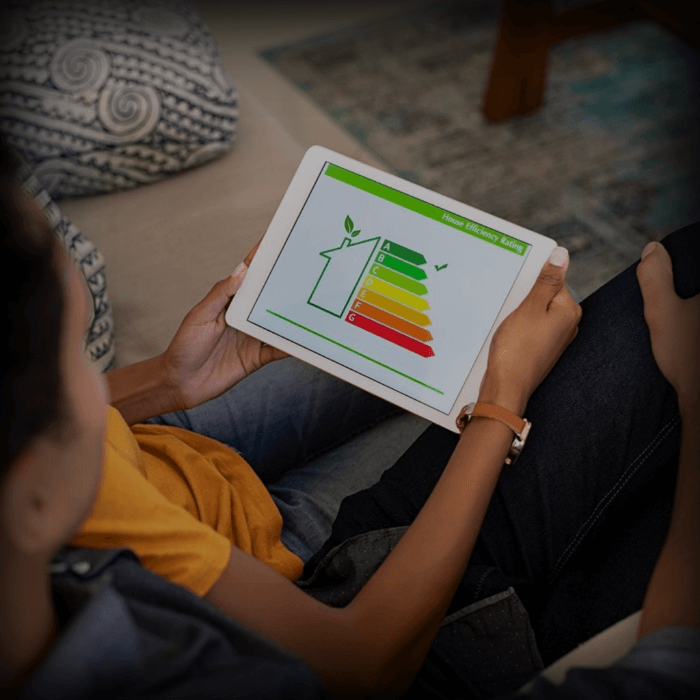Datawalls helped Daily Meal Inc. with a software development services by creating custom software solutions that enhance the restaurant’s operations, customer experience, and overall efficiency.
Automation Features:
Automated Order Processing: Once a user places an order, the system automatically notifies the restaurant and allocates resources to prepare the food. This minimizes the chances of human error and speeds up the process.
Automated Notifications: Send automated push notifications and emails to users regarding order confirmations, delivery status updates, and promotional offers.
Dynamic Pricing: Use AI-based dynamic pricing models to offer competitive prices based on demand, location, and time of day (e.g., lunch hour discounts).
Automatic Meal Recommendations: Using machine learning algorithms, the app can suggest meals to users based on their past orders, preferences, or even the time of day.
Delivery Optimization: Use AI to optimize delivery routes and timings, automating the process of assigning orders to delivery drivers based on proximity and traffic conditions.
Stock and Inventory Management: For restaurant vendors, automate stock management, so the app can notify restaurants when they need to restock ingredients based on usage patterns.
Tracking Features:
Real-Time Order Tracking: Allow users to track their food order in real-time, from preparation to delivery. This provides transparency and improves customer satisfaction.
GPS Tracking for Delivery: Enable users to track the delivery driver’s location on a map with estimated delivery time (ETA) and live updates.
Driver Tracking: For drivers, offer an app feature to show their available routes, traffic alerts, and help them optimize their delivery times.
Order History: Keep track of users’ past orders and preferences, allowing them to easily reorder meals and track their spending.
Order Status Alerts: Send push notifications and in-app alerts to users about their order status: “Order Placed”, “Food Being Prepared”, “On the Way”, and “Delivered”
Datawalls developed a custom ERP system for one of the largest Toyota dealerships to foster their business processes through an effective software solution.
